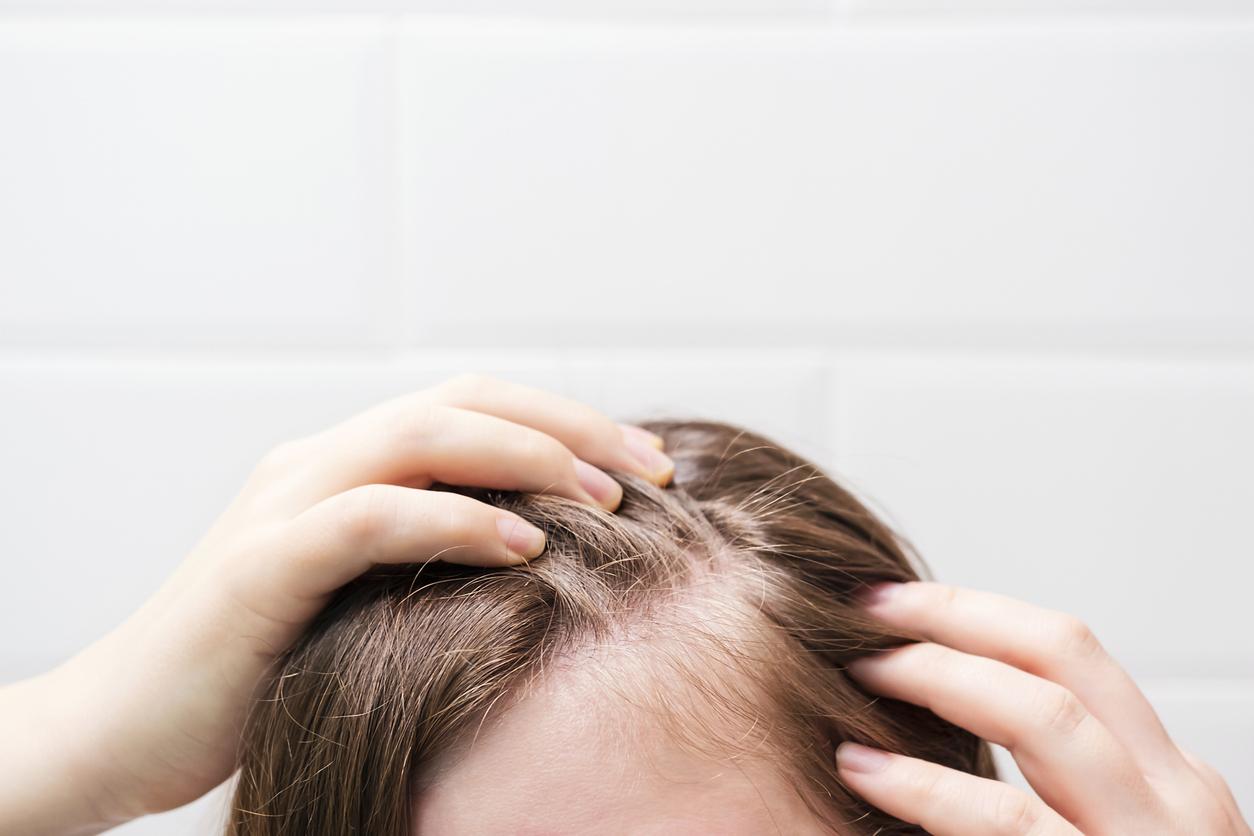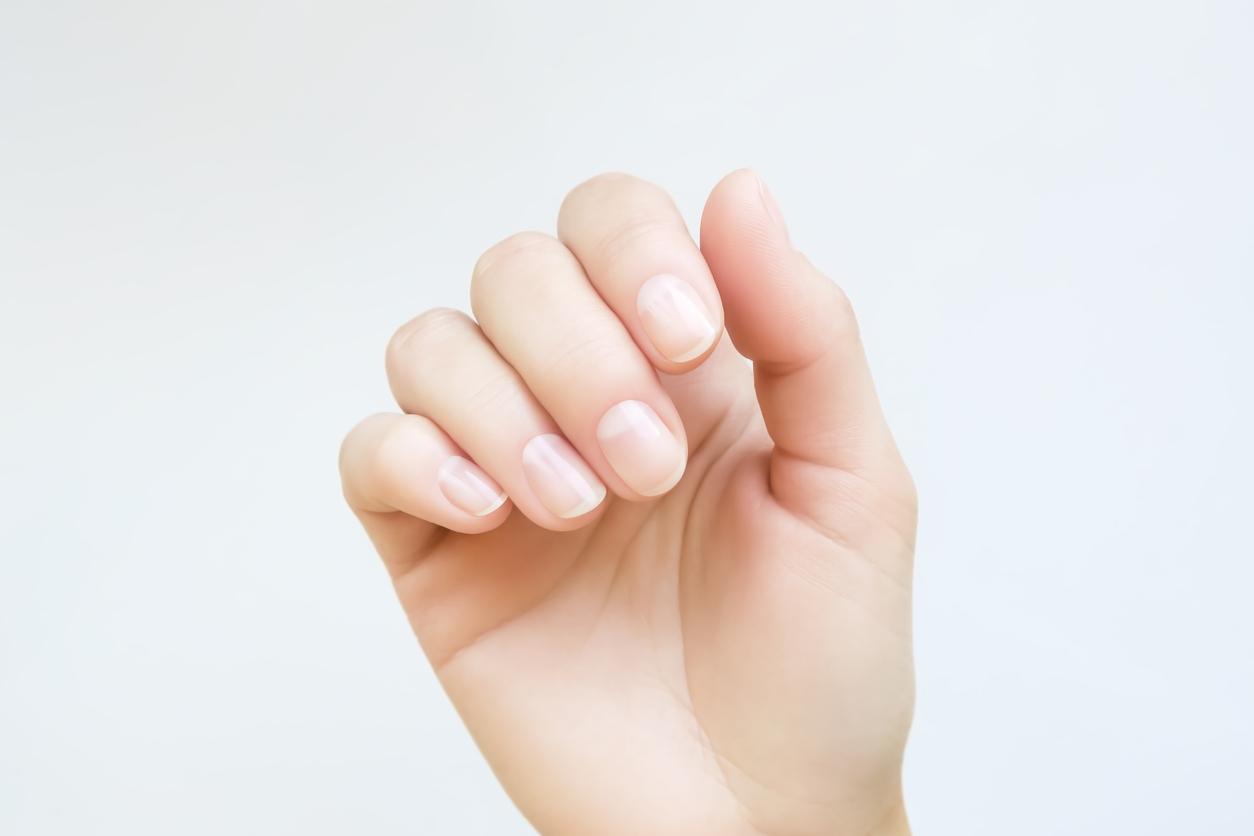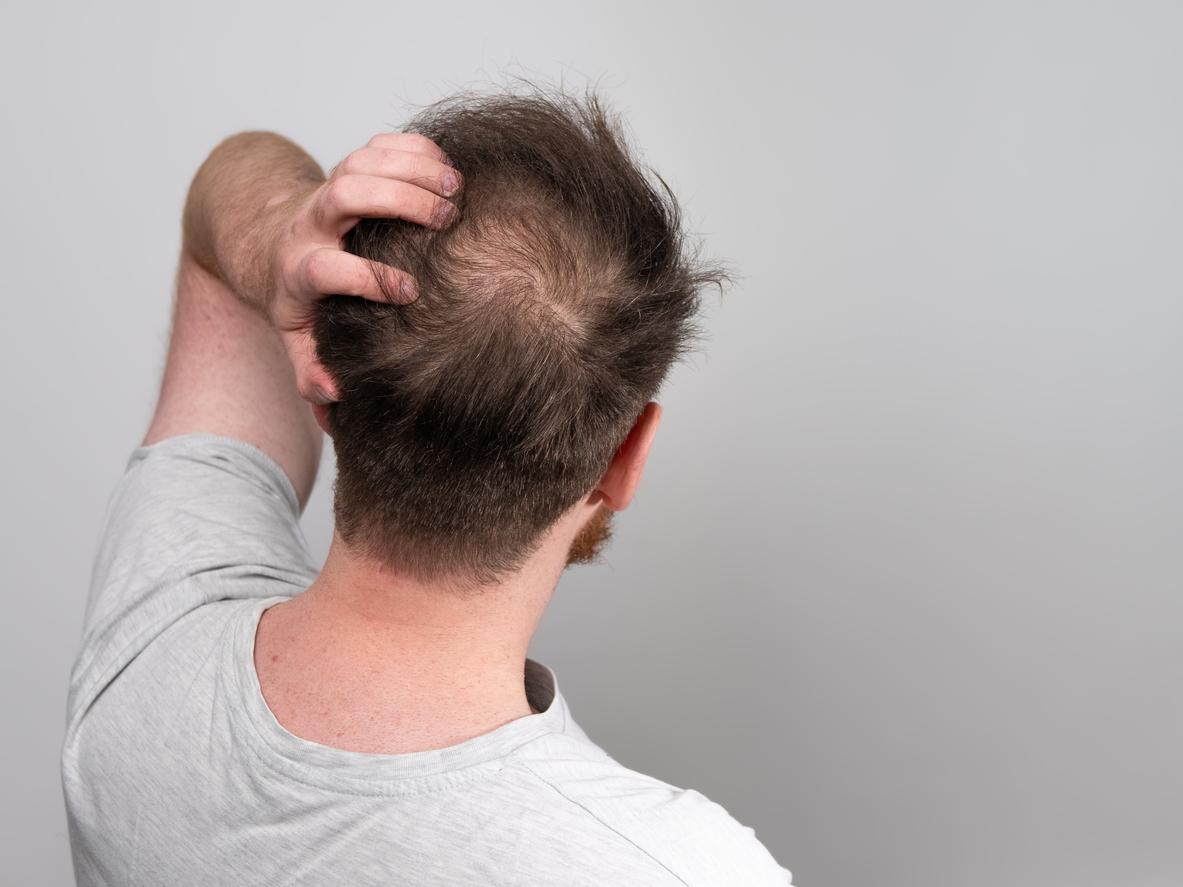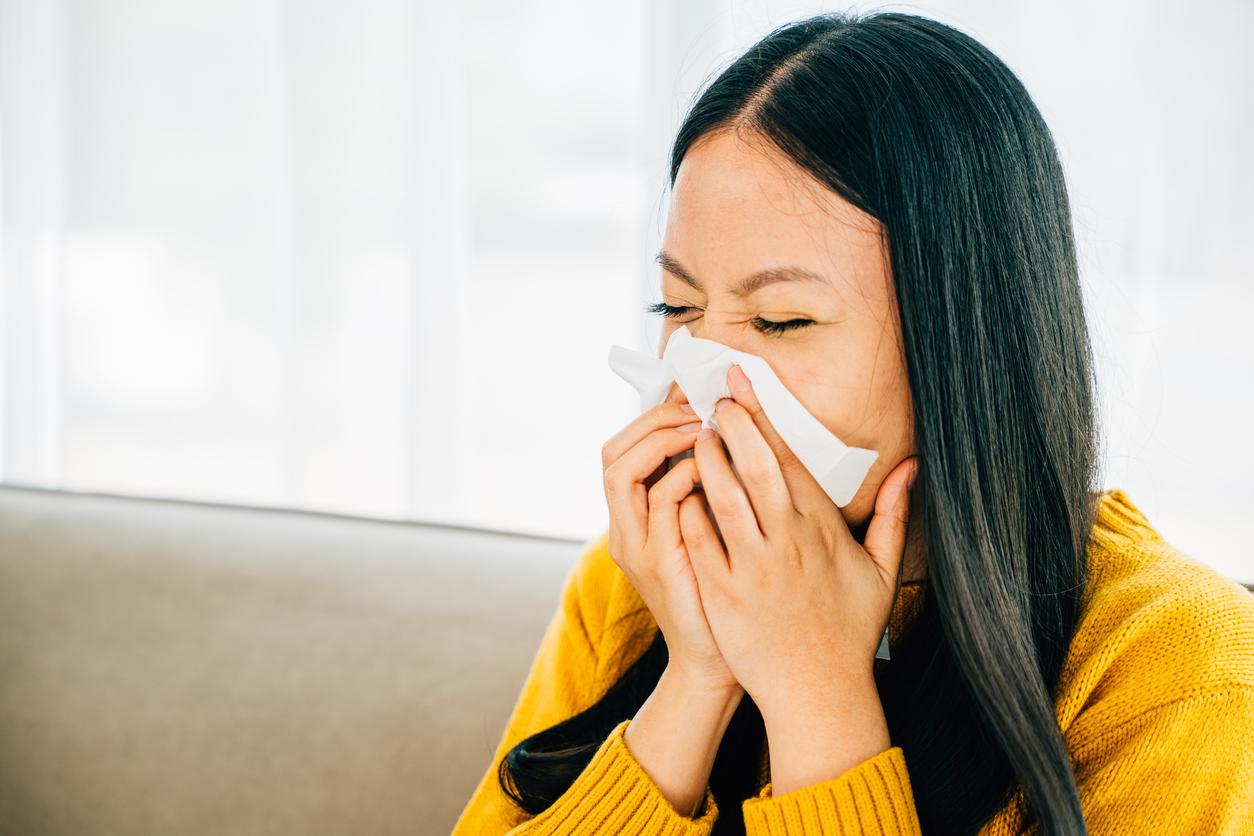
General practitioner Sebastiaan van Peer gives advice
There are some ailments that you would rather not go to the doctor with, such as hemorrhoids and vaginal discharge. Still, it’s usually better to do that, if necessary with the blush on your jaws. General practitioner Sebastiaan van Peer gives advice.
You only have to turn on the TV and the nudity and personal suffering is all around you. In the program This is my body people even show their hemorrhoids, rotten teeth and fungal nails in front of the camera to the whole of the Netherlands and tell them frankly that they have been flatulent, incontinent or impotent for years. Sometimes it seems as if we are no longer ashamed of anything.
General practitioner Sebastiaan van Peer from Brunssum, however, sees that it is very different in everyday reality. “I often see people feel ashamed, especially women,” he says. And – the name says it all – this often concerns complaints in the ‘pubic area’. “I immediately notice that when women use all kinds of euphemisms. For example, that they have trouble in their ‘third armpit’ or ‘down there’. It’s my job to just name it. “Ah, by the vagina.” People also prefer not to talk about domestic violence, drug use or an unwanted pregnancy. Basically, anything we don’t put on Facebook, we also find it harder to share with the doctor. But everything you experience as a complaint is always worth discussing. That’s what a doctor is for. No complaint is stupid and there are no stupid questions. I would just like to see people with certain ailments, such as STDs, come to the office more often.”
Chlamydia, for example, is easy to treat. If you don’t treat it, it can cause major problems. Van Peer: “It can even make women infertile.” And there are more things that can escalate. Van Peer remembers a woman who told him, somewhat smugly, that she was suffering from a large hemorrhoid. “When she showed it, it turned out not to be a hemorrhoid, but a prolapse of the uterus. The uterus was almost hanging out.” To help you cross the threshold of the doctor’s office, we have listed a number of ’embarrassing’ ailments for you. Trust me, you’re not the only one experiencing this.
1. Hemorrhoids
What do you notice?
A hemorrhoid is a bulge of the mucous membrane just in front of the anus. Sometimes this bulge on the outside of the anus can be seen or felt. Hemorrhoids are often caused by pressing too hard, coughing a lot or by giving birth. Possible complaints are itching, pain and blood and mucus in the stool.
What do you do with it?
Hemorrhoids often go away on their own. For this it is important that the bowel movements go smoothly and that you do not have to strain. Drink enough (1.5 liters per day) and eat enough fiber. And don’t postpone your toilet visit. There are people who can only poop at home. Try to flip that switch,” advises Van Peer. And – the horror – do you have to take it to the doctor? “We often don’t have much to offer people with hemorrhoids in terms of treatment. You can always show it to your doctor. The GP can then see if there is a reason to see a surgeon. Even if you have blood or mucus in the stool, bowel problems or pain, it is best to see your doctor.”
2. Vaginal Discharge/Yeast Infection
What do you notice?
Normal discharge is liquid and whitish. So anything that deviates from this is not normal. That’s not to say that every strange discharge is a yeast infection. Van Peer: “It is a myth that it is always a fungal infection. Often it is natural discharge, but a little more than normal. It can also be due to the use of cleaning products such as Lactacyd, Chilly and Multi Gyn, I see a lot of misery from that. Women start using it when they have discharge, but they often get even more discharge as a result. It is absolutely not necessary to clean the vagina with such means. In a fungal infection, the discharge is friable. Because of the itching caused by such an infection, the labia are often irritated. These complaints usually arise around menstruation, after unprotected sex with a man who has a fungal infection or after a course of antibiotics.”
What do you do with it?
You can now buy medicines for vaginal yeast infections without a prescription. Van Peer is not happy with it: “Useless use of these types of agents encourages resistance. Just go to the doctor. Sometimes it is not even necessary to take off your underpants, because the doctor can determine what it is based on the complaints. Sometimes a culture is needed.”
3. Itching of the anus
What do you notice?
Well, itching so, that goes without saying. “What is striking is that the itching is often worse in the evening and at night,” says Van Peer. “The itching can be caused by intestinal fluids that irritate the top layer of the skin. You actually get a kind of eczema around the anus. It can also be caused by excessive hygiene. For example, people brush that area with those wet wipes. This removes the skin fat and the skin needs that fat as protection.”
What do you do with it?
Van Peer: “Most people put something grease on it themselves, such as udder ointment or Vaseline. That’s good, because fat protects the skin from the corrosive intestinal fluids. Stop using damp toilet paper. If it doesn’t go away, it’s best to go to the doctor to break the vicious circle. A cream with a low dose of corticosteroids can already help.”
4. Urinary Loss
What do you notice?
There are two common types: stress incontinence and urge incontinence. In the first form, you lose drops or a splash of urine when you cough, strain, tilt or have a fit of laughter. It is usually caused by weak pelvic floor muscles, for example after childbirth. With urge incontinence, you are often late to the toilet when you notice that you need to pee.
What do you do with it?
Van Peer: “Many women feel that it is not appropriate for their age and therefore do not come up with it so quickly. They buy panty liners and mess around a bit.” Because urine loss can have a major impact on your daily life, this is really something you should go to the doctor with. For example, your GP can refer you to a pelvic physiotherapist. It can help you train your pelvic floor muscles. Bladder training can help with urge incontinence. Sometimes medicines are needed.
5. Prolapse
What do you notice?
A prolapse of the uterus can occur in both younger and older women. When the ligaments and muscles in your lower body slacken, your bladder, uterus, and the walls of the vagina can become lower. This can be due to childbirth, but also because you naturally have weaker connective tissue. “A prolapse is sometimes visible, for example when the walls of the vagina come out. Sometimes a prolapse can only be felt. It then looks like there is something in the vagina. It is also possible that a woman has more frequent urinary tract infections, such as bladder infections,” explains Van Peer.
What do you do with it?
Van Peer: “Some women with a prolapse try to solve it by wearing tight underwear. That doesn’t help at all.” Fortunately, there is a simple solution: a diaphragm. This is a soft flexible ring that the doctor inserts deep into the vagina. This is how a prolapsed bladder or uterus comes back into line. If the ring fits properly, you won’t feel it, even during sex. Incidentally, a ring does not help with severe prolapses. Then surgery is needed.
6. Excess hair
What do you notice?
There are different forms of excess hair. With hypertrichosis, there is a disturbing amount of hair growth in places where hair normally is, such as on arms and legs. With hirsutism, hair grows in places that only men have, such as on the upper lip, chin, cheeks and abdomen. Hereditary predisposition often plays an important role. Women from Northern Europe are less likely to suffer from it than Mediterranean types.
What do you do with it?
You can of course get involved with bleaching agents, waxing or shaving yourself. If that helps enough, that’s fine. Often excessive hair is more than a cosmetic problem. Women who suffer from it can develop psychological problems. Does that apply to you too? Take it to the doctor! “For example, women who have to shave their upper lip every week can get a medical certificate. Then they will be reimbursed for the costs of hair removal treatments.” Do you also suffer from irregular periods in addition to excessive hair? Then definitely go to the doctor. He can investigate whether there is a hormonal cause, such as polycystic ovary syndrome (PCOS).
Sources):
- Plus Healthy
















